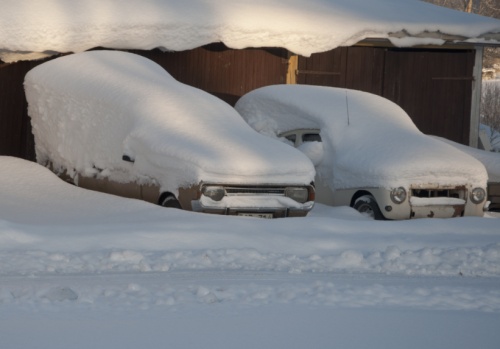Research shows that many commercial property businesses still do not have clear plans in place for damaging threats, particularly snowstorms, even with Britain suffering heavy snow falls in recent years.

The research, carried out by international business advisors McKinney Rogers, also shows the public gave a thumbs down to Britain’s readiness and ability to deal with such unavoidable problems. 62 per cent of the public feels Britain did not deal well with the major natural problems experienced last year, such as the volcanic ash, flooding and heavy snow, and that the extreme disruption these events caused ought to be prevented.
McKinney Rogers’s study found that 44 per cent of staff was in the dark about what they have to do in the event of severe snow. Twenty-nine per cent don’t know what they would do and a further 15 per cent would go to work to wait for further instructions.
Recent reports have revealed that airports and councils have announced their plans for this year’s snow, but commercial property businesses need to make sure they have clear actions for staff regarding whether they are expected to get to work, make alternate arrangements or to work remotely.
Currently many staff do not have confidence in their commercial property organisation: only 21 per cent of employees said their commercial property organisation has a plan for such emergencies and they are clear about what steps to take. Forty-two per cent thought there would be major complications if a whiteout severely restricted access to their workplace, whilst four per cent thought their commercial property organisation would not survive.
Last year it was valued that heavy snow falls cost Britain 124 million working hours in a single week. It was not only money commercial property businesses lost, but reputation too-63 per cent of the British public say they would lose faith in a large commercial property firm that couldn’t take a major problem in its stride.
Regional Partner at McKinney Rogers, John Foster said: “In recent years British businesses have been hit hard by heavy snow and floods in many parts of the country. However, lessons have not been learnt. If employees do not know whether they should come to work or stay at home in the event of emergency, you can be confident that such businesses will quickly descend into chaos if there is a heavy snowfall.”
He further added: “Not being able to deal with inevitable disruptions like severe weather is a major weakness for those businesses, and in the current austere economic environment it will cause losses that many can ill afford. Businesses lose custom and confidence by not being able to operate-as Heathrow Airport found out last year. It is also a business opportunity for those that make sure they can take blizzards in their stride.”